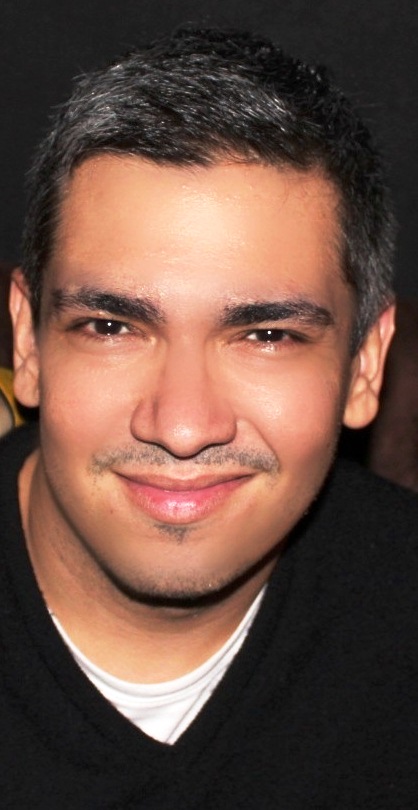What’s inclusion?
Good afternoon, readers! Starting today, I’ll be posting about the inclusive teaching of English. I believe that, at first, an introduction to the topic is ‘conditio sine qua non’ for the progress of this column.
The discussion around inclusion has been increasing in Brazilian society over the last decades, which demonstrates the controversy it causes if you look at the positions taken by different people. But, what is inclusion?
Before defining it, it is necessary to say that there has been a detachment, but not a detachment of the signifier in relation to the signified, as can be seen in “Little Hans” – case report written by Freud in 1909. Hans, who suffered from a phobia of horses, was taken to Freud’s office at the age of five. Through psychoanalytic techniques, the scholar found that the phobia of horses was related to the boy’s unconscious fear of being castrated by his father because of the love he felt for his mother. However, the detachment at issue here concerns the signified in relation to the signifier.
What should be the guarantee of conditions so that everyone could mingle and share space in society, as a common good, became the obligation to receive the so-called ‘different’ in the form of law. At present, inclusion is proclaimed as a right to access and remain with dignity in spaces which seem to have been reserved for specific people. This remark means that we are seeking to develop people capable of becoming included. Such behavior ends up increasing what is already great: exclusion; i.e. society has the need to categorize people, separating them into groups and thus hampering their lives.
Selecting whom we call ‘normal’ and ‘abnormal’ shows human inattention towards life. Just look around! Without much effort, it is possible to realize that we are all different: some have got black eyes while others have got brown eyes; some are taller while others are shorter, and some like biology while others like math. In this sense, we believe that the concept of normality is a concept that can lead to various forms of exclusion.
It would be interesting if every citizen had the desire to include, respecting the particularities of each other in a broad sense: the dark-haired lived respectfully with the blonde; heterosexuals with homosexuals; the listeners with the deaf; the seers with the blind; etc.
Propagating the discourse that there is a lack of resources, trained teachers, adequate infrastructure in schools, etc. will not change anything! We need to replace this discourse by discussing possibilities.





